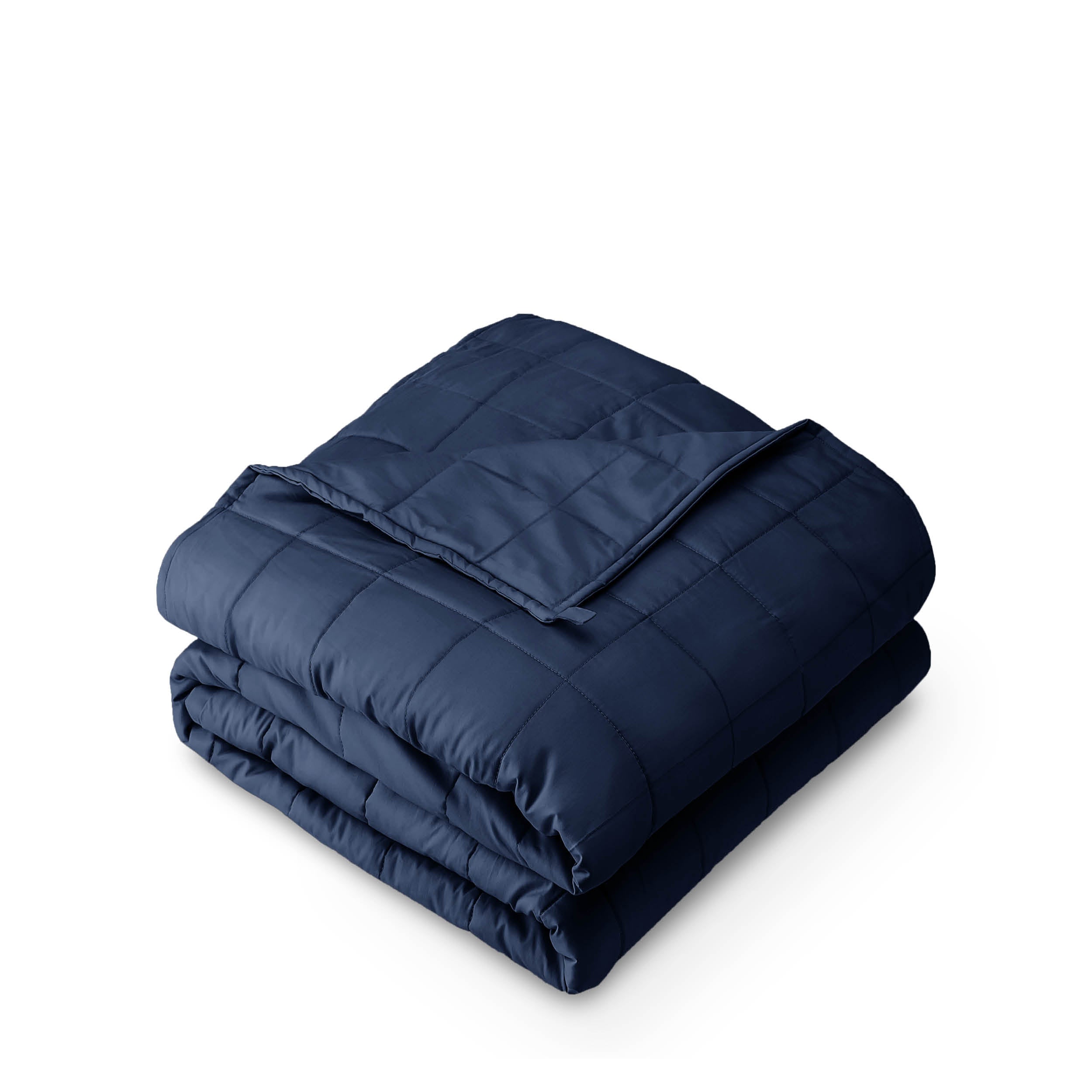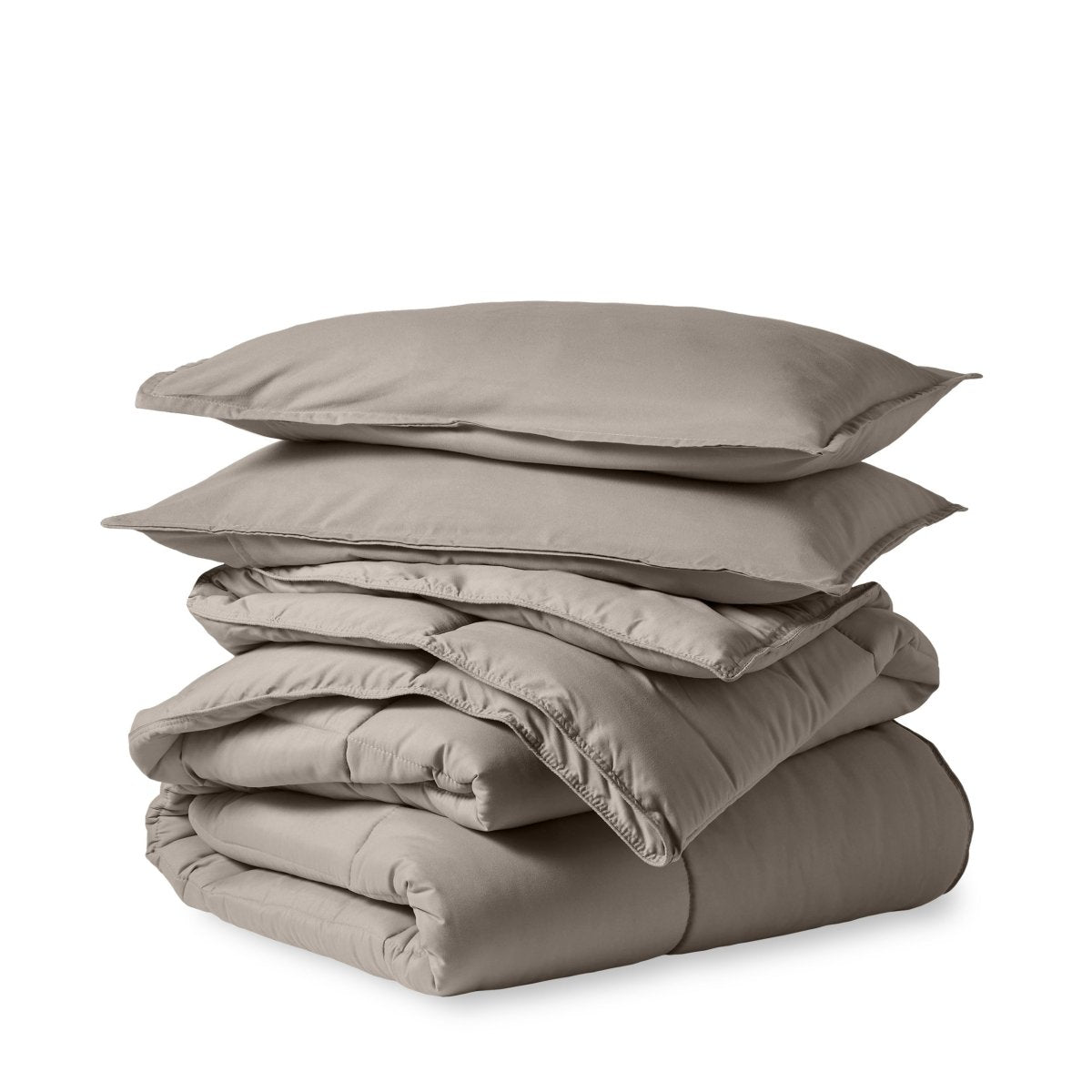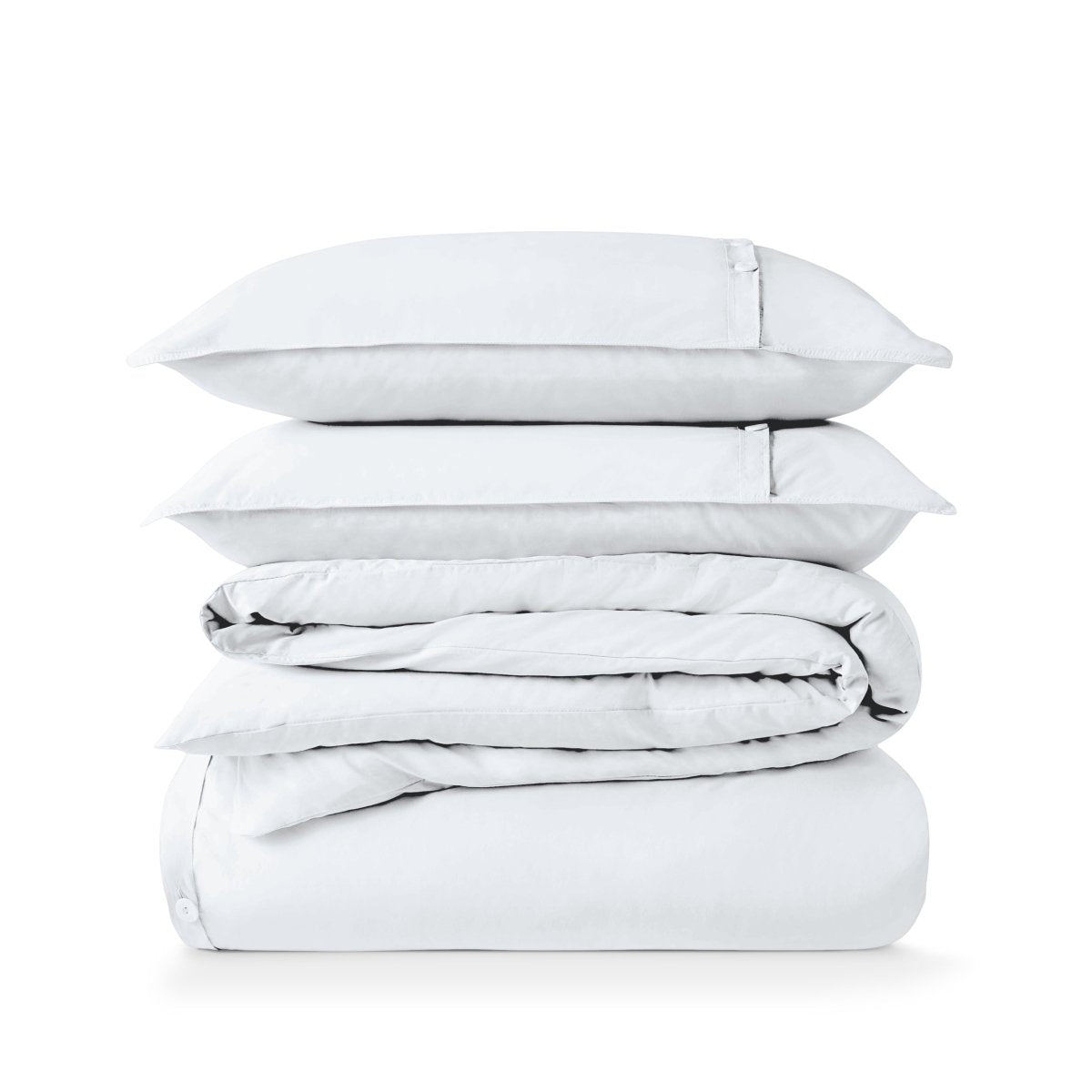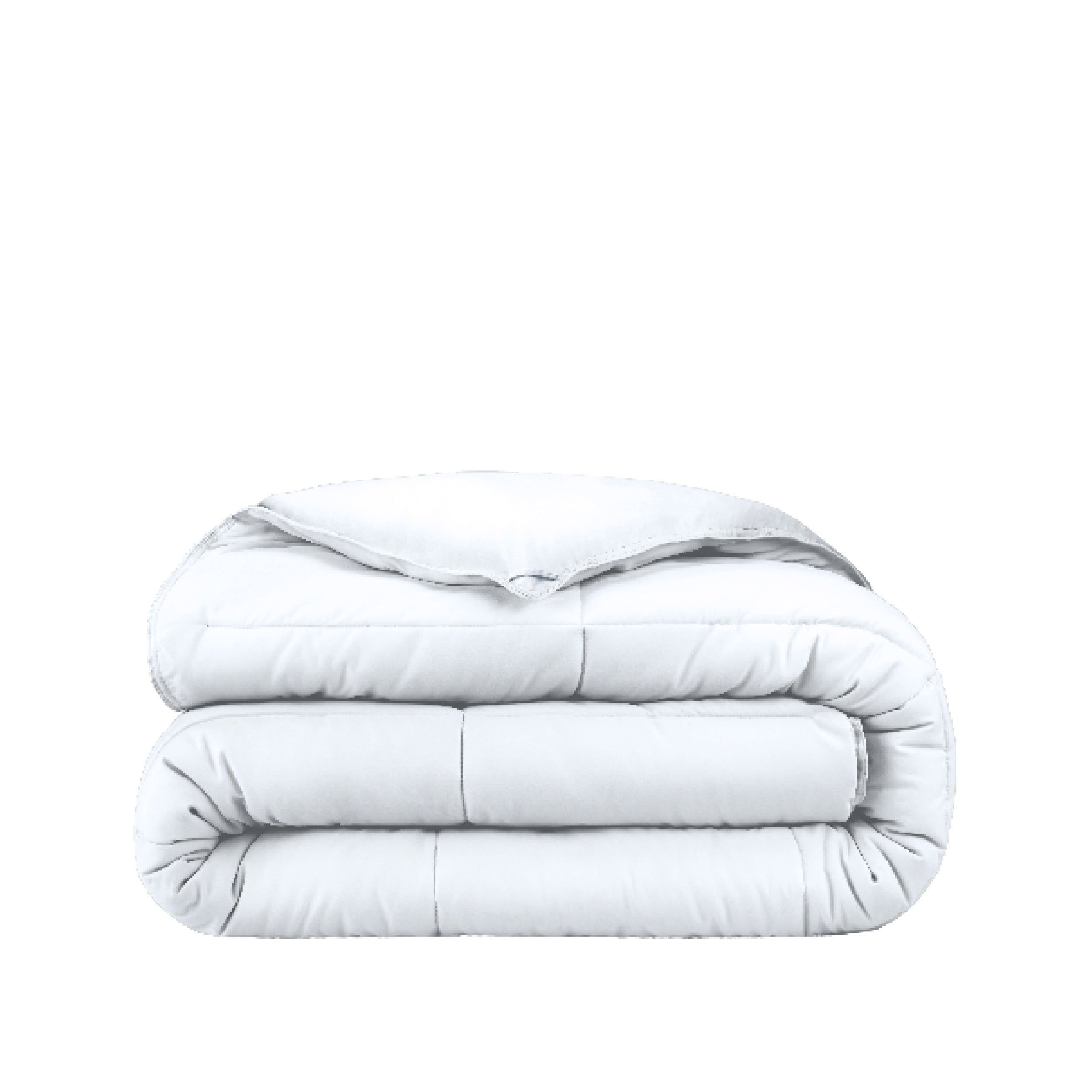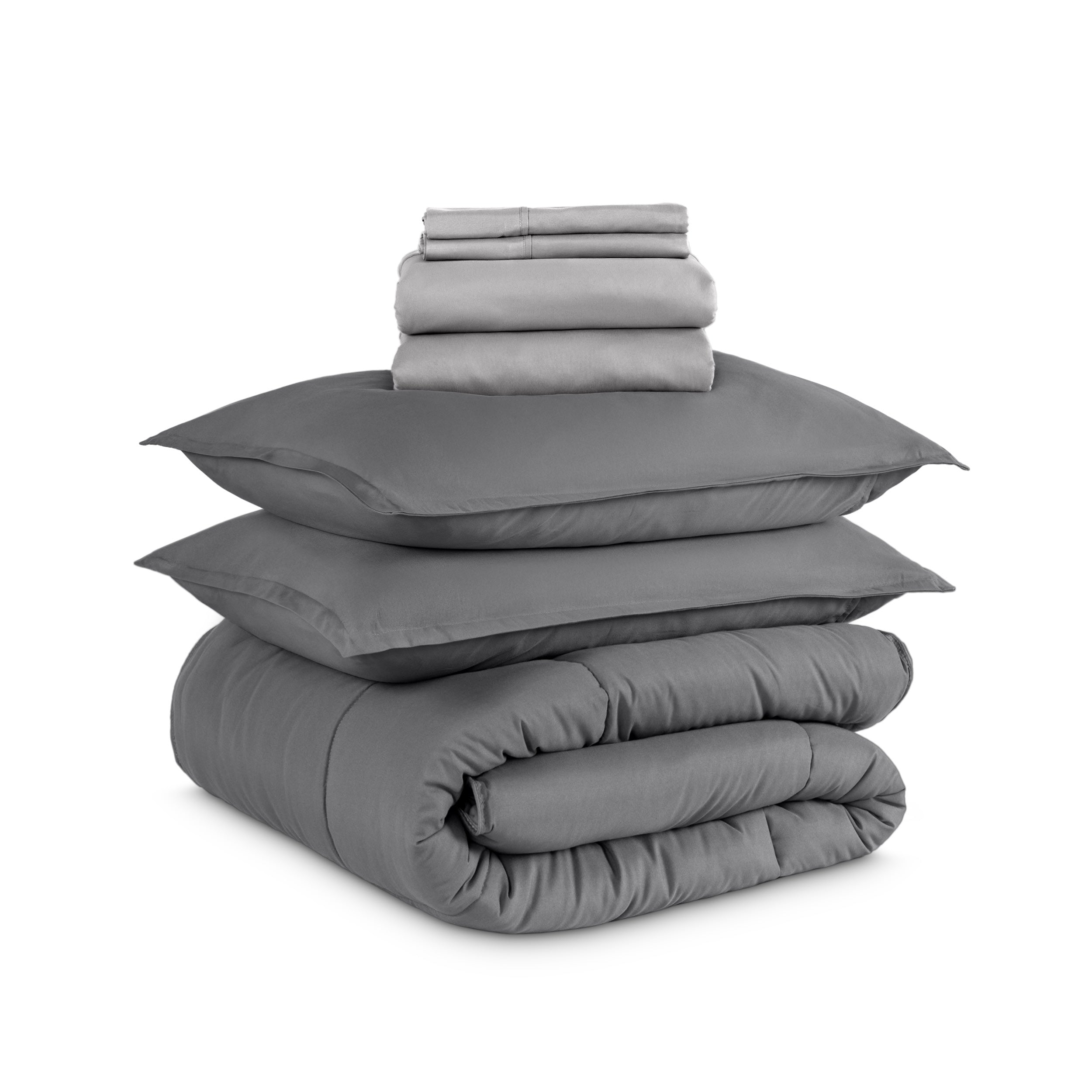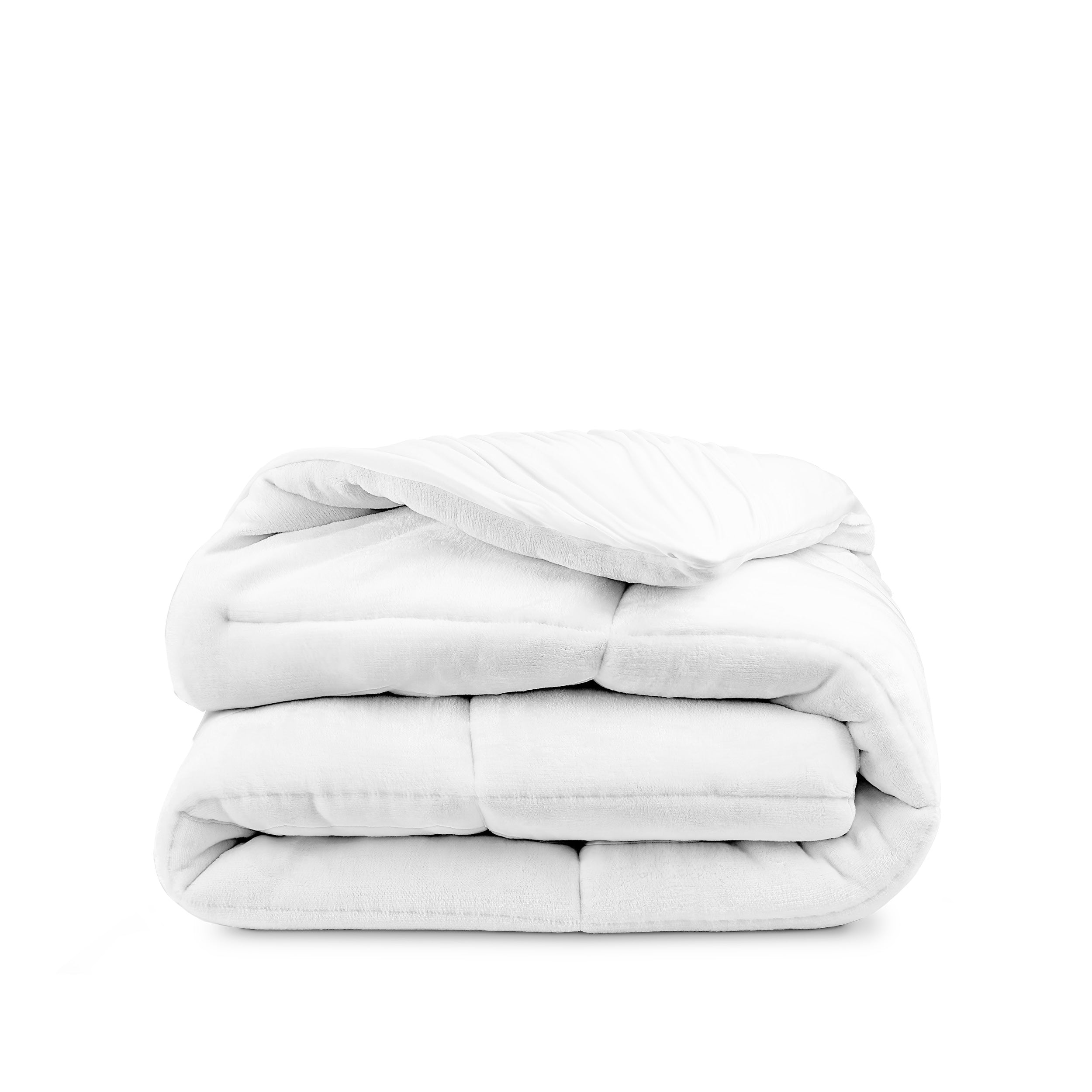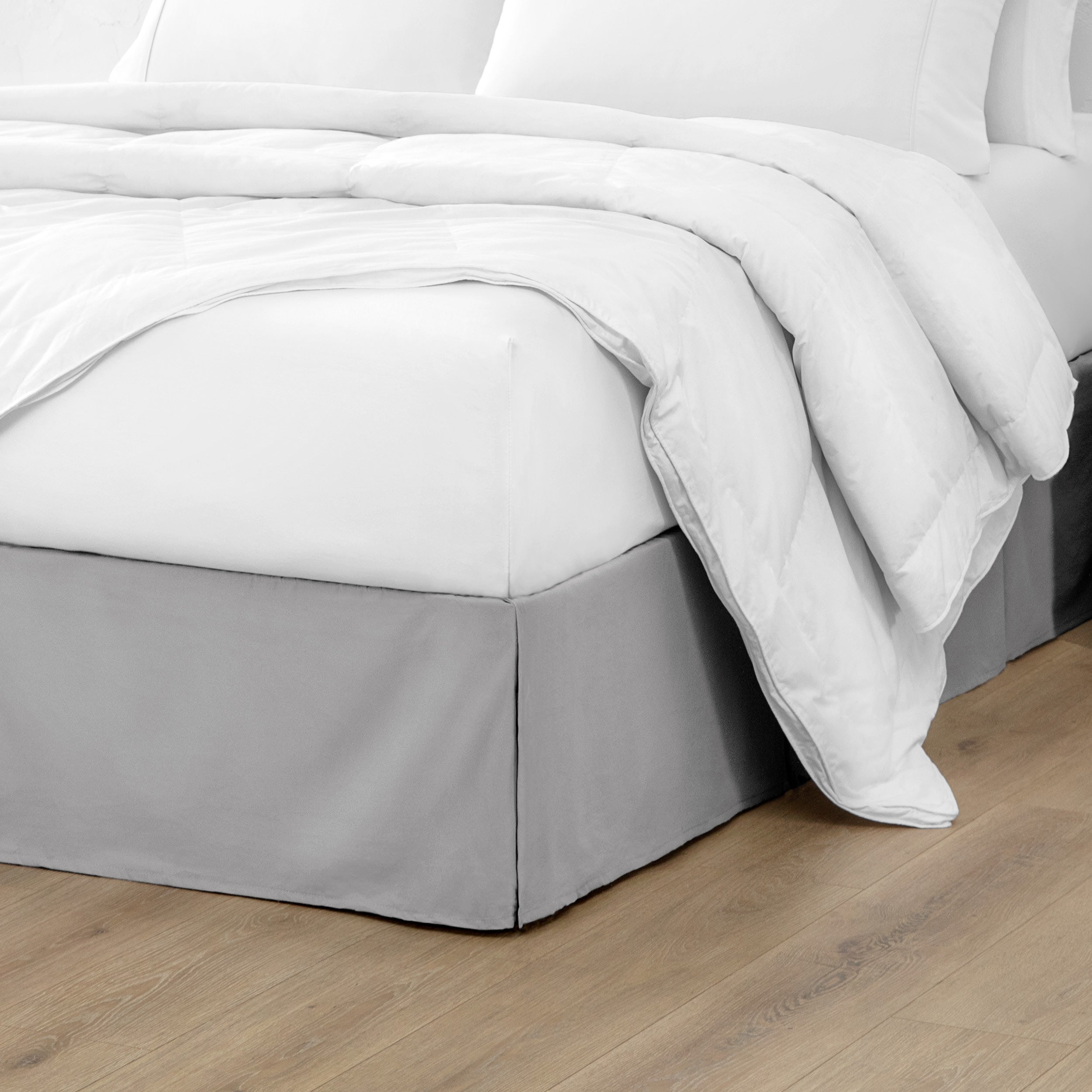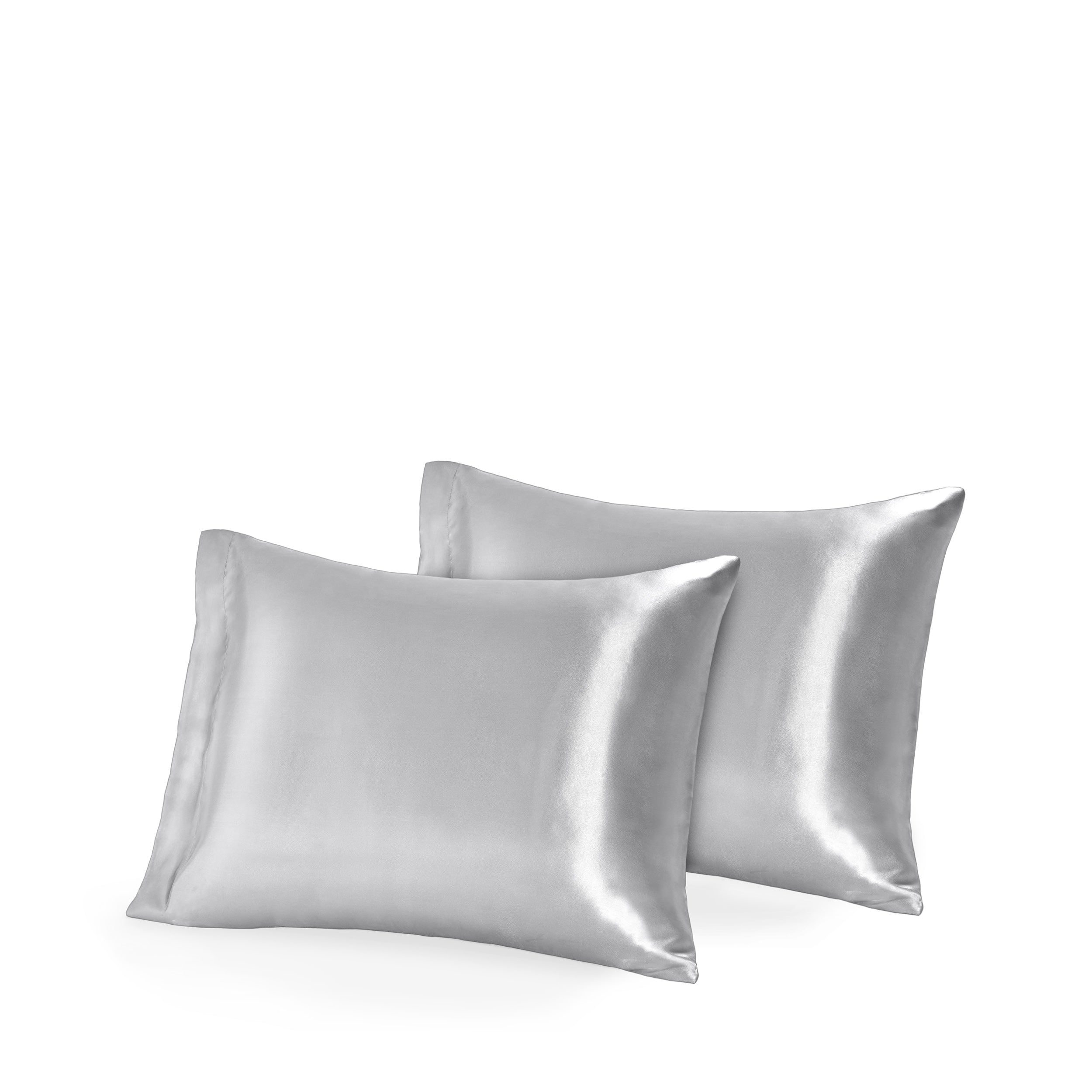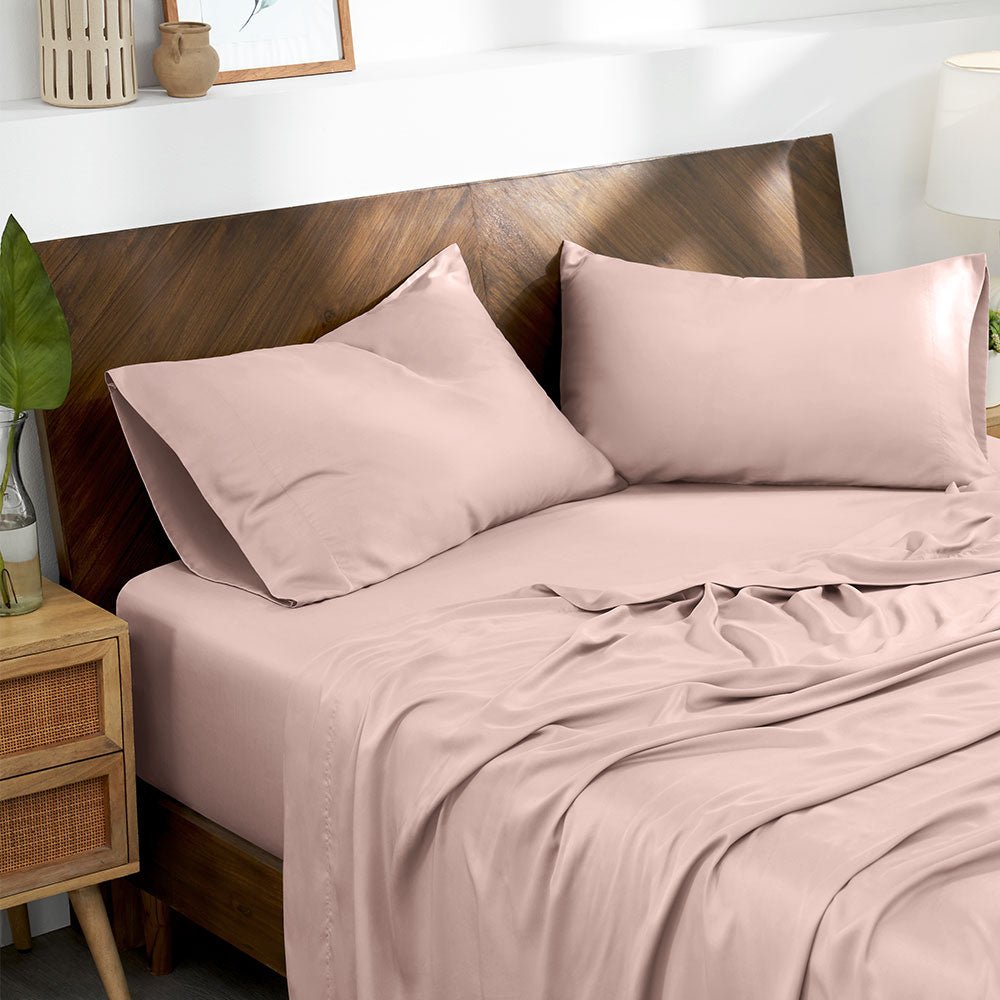Have you considered making the switch to organic bedding? If you're like most people, you probably have a few questions about what it is, how it's different, and why it might be worth the investment. This article will explore some of the most common questions about this earth-friendly fabric and provide some helpful insights that can guide your decision-making process. Let's get started!

Why Is Organic Cotton Important?
These days, it seems like everything is available in an organic version - food, skincare, and even clothing. But why choose organic cotton?
- It is cultivated more sustainably, using methods that help to conserve water and soil.
- As a result, you'll be supporting sustainable and environmentally friendly farming practices.
- It also helps to reduce your exposure to harmful chemicals, making it a healthier choice for both you and the planet.
- It's better for the people that grow it.
What Makes it Organic?
Organic farming relies on natural methods to manage pests and boost crop yields. This includes using cover crops to prevent weeds, encouraging beneficial insects, and rotating crops to break pest cycles. Organic cotton is also typically grown using heirloom seed rather than genetically engineered seed.
In contrast, the growth of convetional cotton uses synthetic pesticides and fertilizers. These chemicals can be highly toxic to both the environment and human health. Heirloom seeds are often replaced with genetically modified varieties, which are designed to be resistant to herbicides and pests. As a result, organic cotton is a more sustainable and eco-friendly choice.

Where Is It Grown?
Most organic cotton is farmed in developing countries, such as India and China. This is largely due to the lower cost of labor in these countries, as well as the warmer climate, which is necessary for the cotton to grow properly.
However, there are also several farms in developed countries, such as the United States and Australia. These farms tend to be smaller in scale and use more eco-friendly methods of cultivation, such as drip irrigation and cover cropping. As demand continues to grow, more farms will likely switch to organic production methods.


How Is Organic Farming Better for the Environment?
Organic cotton is grown using methods and materials that have a low impact on the environment. Its growth relies on sustainable practices, such as crop rotation and mulching, to enhance the soil.
In addition, organic crops are grown without the use of harmful insecticides and herbicides. This means that there is less chance of these chemicals leaching into the soil and water, where they can damage plant and animal life. Furthermore, organic agriculture relies on natural methods to fertilize and control pests, which helps to promote biodiversity.
Finally, organic farming practices can help to mitigate climate change by sequestering carbon in the soil. As a result, organic farming is not only better for the environment but also for the long-term productivity of the land.
(Source:Organic Trade Association)
Does Organic Cotton Production Use Less Water?
Yes! Organic farmers must rely on natural methods to replenish the soil and control pests. They often use cover crops and other green manure to improve the quality of the soil.
In addition, they employ irrigation techniques that minimize water waste. As a result, organic cotton tends to be more water-efficient than conventionally grown cotton.
As global water supplies become increasingly strained, the more efficient use of water will become increasingly important. For this reason, organic cotton is likely to play an important role in the future of the textile industry.


(Source:Organic Trade Association & The Organic Center)
Is Organic Cotton Bedding Healthier?
We've already discovered environmental benefits, now let's talk about the human side. According to the Organic Trade Association, non-organic cotton production in the United States uses more toxic pesticides than all crops other than corn and soybeans.
These chemicals can end up in the finished product, which means that they can come into direct contact with your skin. By choosing organic cotton, you can avoid exposure to certain pesticides, carcinogens, endocrine disruptors, and more.

In addition, organic cotton is often produced using more sustainable methods, which can help to protect the environment. For example, organic farmers may use cover crops and compost to improve soil health, rather than relying on chemical fertilizers. As a result, it's not only better for your health, but it can also be better for the planet.
Here at Bare Home, we go above and beyond the current industry standard. OurBare Organiccertification is not just about the cotton. By going directly to the source and keeping our supply chain lean, we keep our prices accessible without sacrificing our standards.Just to be sure, we rigorously inspect everything in-house before it lands on your doorstep. You can feel good about using our organic bedding, knowing that you're getting a great value on a product that is healthy for both you and the planet.
Can Cotton Sheets Be Composted?
Organic cotton is a great choice for those who prioritize sustainability, but what happens to those old sheets once they're no longer usable? While they are indeed compostable, there are a few things to consider before throwing them in the compost bin.
For starters, make sure to cut your sheets into smaller pieces to speed up the decomposition process. The compost bin should also be kept moist, but not too wet, to encourage the growth of bacteria and fungi. Additionally, be mindful of any synthetic materials or dyes that may have been used in the production of your sheets, as they may not be compostable.
Once the material has fully decomposed, it can be added to the soil as a natural fertilizer. But keep in mind that while composting your old sheets is a great way to avoid contributing to landfill waste, donating them to a local charity or repurposing them in another way is also a sustainable option.

What Do I Look for When Purchasing Organic Cotton Sheets?
If you're looking to transition to an eco-friendlier lifestyle, starting with your bedding is a great step. But with so many options claiming to be organic, how do you know which ones truly are?
One reliable certification to look for is the Global Organic Textile Standard (GOTS), which verifies that the cotton used in the product is certified organic and was processed without any harmful chemicals.
Another factor to consider is the type of dyes used. Organic dyes or low-impact dyes not only reduce exposure to harmful chemicals but also minimize water usage during the dyeing process.
By investing in organic cotton bedding with the GOTS seal and organic dyes, you can sleep easy knowing you're making a positive impact on both your health and the environment.
What Kind of Organic Bedding Does Bare Home Offer?
Our organic bedding collection has something for everyone! Fromorganic cotton sheet sets and duvet covers, to fitted sheets and pillowcases, you're sure to find just what you need. And we've got several different weaves to choose from!Warm sleepers might choose a percale weave with its crisp, cool feel. And cool sleepers will love snuggling up in our soft and cozy flannel. Sateen's smooth, buttery-soft texture makes bedtime more luxurious, while jersey feels lived-in and casual, just like your favorite T-shirt.

Conclusion
So, what’s the verdict? Is organic cotton worth it? The answer is, unequivocally, yes. It's better for you, for the environment, and for the farmers who produce it. It takes a little more effort to find products that are certified organic, but it’s well worth the search.
Plus, when you buy organic cotton products, you are helping to promote sustainable farming practices that protect our planet. Shop our organic bedding collection today and get ready to go Bare!

